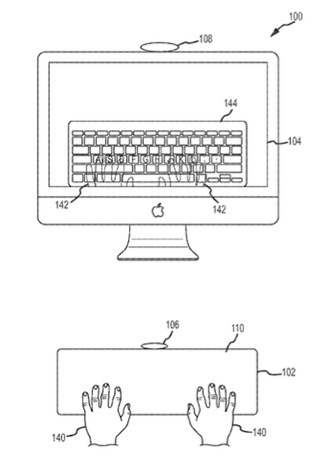While the wearables market inched forward with year-over-year growth of 1.7% in the third quarter of 2022 (3Q22), global shipments for the full year 2022 are forecast to decline 3.3% to 515.6 million units.
This would mark the first full year of decline since 2013, according to new data from the International Data Corporation (IDC) Worldwide Quarterly Wearable Device Tracker. The downturn in 2022 was brought on by difficult year-over-year comparisons following the market’s dramatic growth during the first two years of the pandemic and a challenging global macroeconomic environment, noes the research group.
However, IDC expects improved economic conditions as well as rising demand from emerging markets to drive renewed growth in 2023 with shipments forecast to reach 539 million units. That would be good news for next year’s iteration of the Apple Watch.
Though the market has traditionally been dominated by tech incumbents such as Apple, Samsung, Huawei, and Xiaomi, that mix has been shifting as growth within India and specifically Indian brands has outpaced the rest of the world, according to IDC. During 3Q22, three of the top 10 wearable device companies were from India, with Imagine Marketing leaping into second place behind Apple as a global player.
“India is on track to surpass the United States to become the second largest market for wearables in terms of units shipped, although it will be a far cry from a top contender in terms of dollar value,” says Jitesh Ubrani, research manager for IDC Mobility and Consumer Device Trackers. “This certainly bodes well for premium brands such as Apple, Google, and Samsung as they are generally priced a step above. However, it puts value-oriented brands such as Xiaomi and Huawei in a precarious position where they could face intense competition within their price bracket as the Indian brands continue to expand their presence.”
Looking ahead, the wearables market is forecast to grow at a healthy pace with a five-year compound annual growth rate (CAGR) of 5.1% as unit shipments reach 628.3 million by the end of 2026. IDC now expects smartwatches, inclusive of those that run a high-level operating system such as an Apple Watch or Wear OS watch, as well as those running on a real-time operating system (RTOS), such as those from Polar, Withings, OnePlus, or others, to grow with a 6.3% CAGR while hearables will experience a 5.1% CAGR over the same period.
Article provided with permission from AppleWorld.Today



